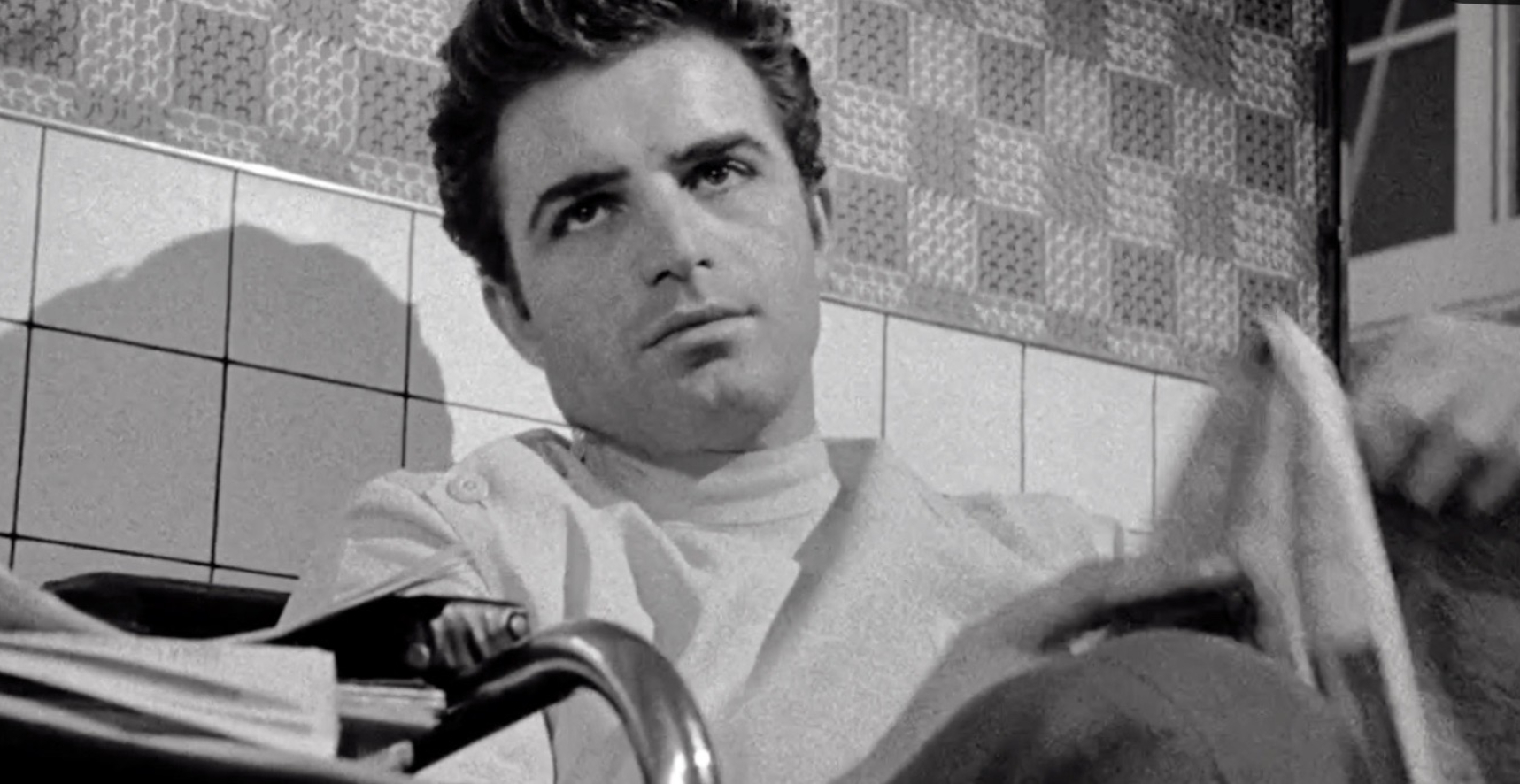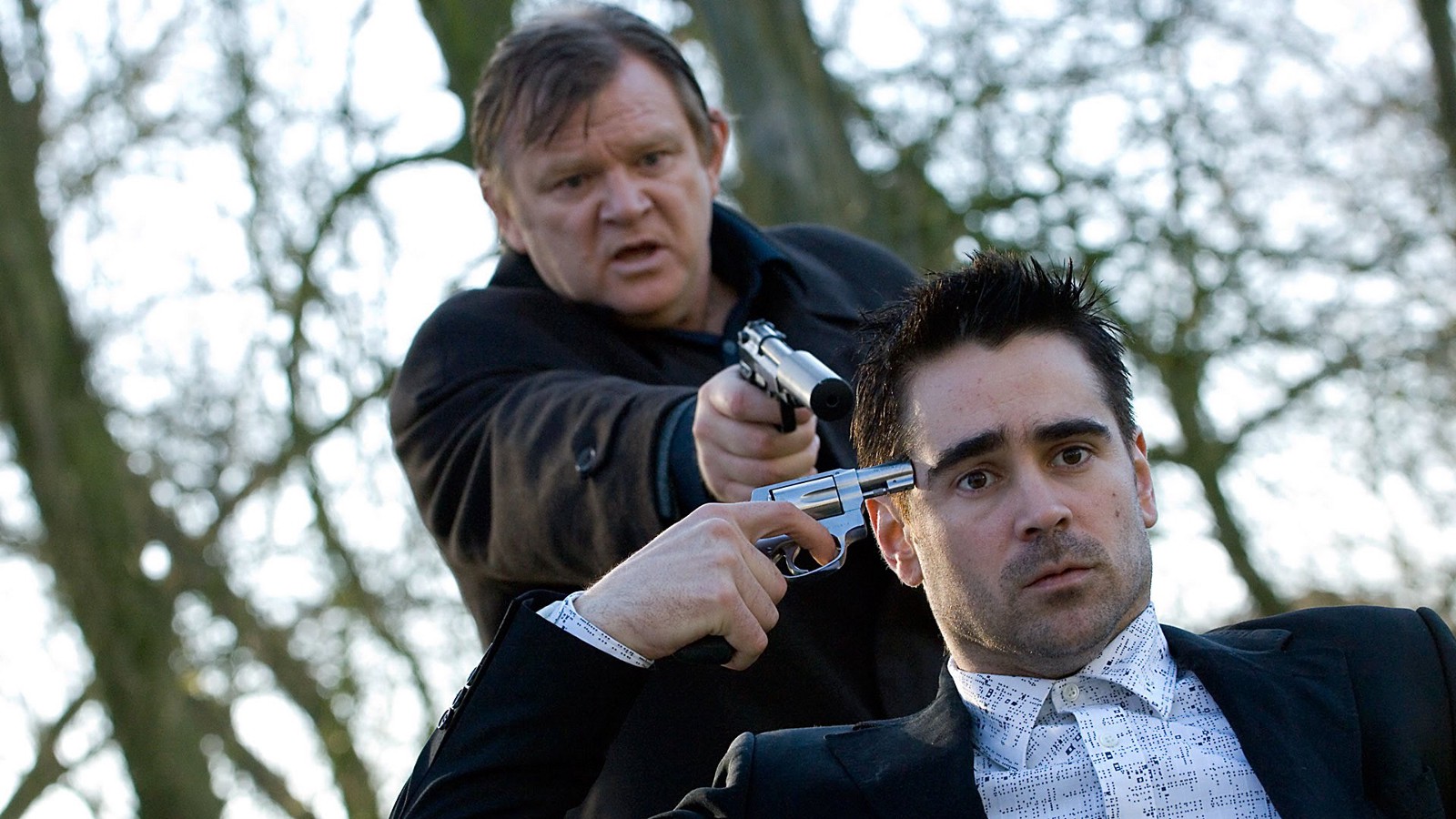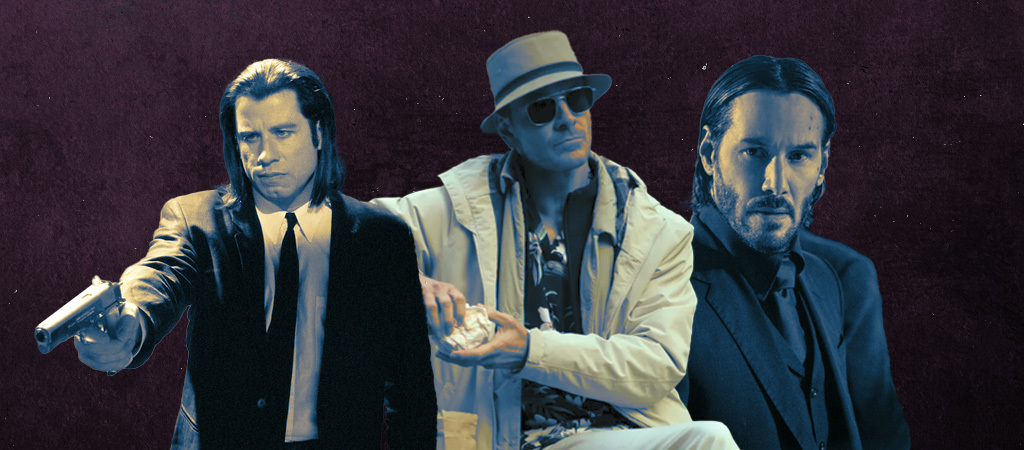Viewers of David Fincher’s The Killer (ready to stream now on Netflix) might find themselves experiencing a sense of deja vu in the film’s opening moments, though the feeling won’t last for long. The film’s opening scenes find star Michael Fassbender, playing a character credited simply as “The Killer,” preparing for his latest job. This involves sticking to a meticulous routine, maintaining a superhuman level of discipline, assembling the correct equipment, and waiting patiently while waxing thoughtful in voiceover, sometimes via observations about his job — “Stick to your plan. Anticipate, don’t improvise.”– and sometimes via facts and stats about life on Earth. He’s a cold-blooded killer who lives by a code and possesses a probing intelligence that sets him apart from the world.
He’s a movie hitman, in other words, a now familiar type. No wonder the character doesn’t have a name. But Fincher, working from a screenplay by Seven screenwriter Andrew Kevin Walker adapting a French comic by Matz and Luc Jacamon, keeps short-circuiting expectations created by the hitman movies that preceded The Killer, just like the movie keeps muffling the many songs by The Smiths on its soundtrack just as they get to the good part. The Killer is good at his job, or so he says. But the moment that sets the film’s plot in motion (after many extended scenes of watching him wait for his moment) finds him blowing his shot. Why? Did he just choke or was there some sort of subliminal impulse at work? The movie never fully answers the question. In fact, it only complicates it with its cryptic final moments. But one thing is clear from this moment on: this guy is not to be taken at face value.
Fincher’s film plays with expectations set by decades of films treating hitmen as philosophical weirdos who operate by a code with implications beyond their chosen profession, and beyond the films containing them. They’re there to take out their targets, but also to serve as brutal vehicles by which films can explore some big questions — and most often return with uncomfortable answers. Movies have featured hitmen of one kind or another for as long as they’ve told crime stories— to say nothing of the assassins found in Westerns and other genres — but if there’s a ground zero for the philosophical hired killer it’s probably the 1958 film Murder by Contract.

Vince Edwards stars as Claude, who gives up a steady day job for the life of a professional hitman, picking up a reputation as a consummate professional that makes him in great demand (even after he takes out the mobster who gives him his first big break after a rival meets his price). He brings this reputation to Los Angeles when he’s hired to take out a musician named Billie (Caprice Toriel) before she can testify against her mob boss ex-boyfriend. His handlers find his demands — like spending a day at the beach and refusing to check out the location of the hit — peculiar, but that doesn’t mean he’s not the right man for the job. Or at least it might not mean that.
A film about an outsider made by outsiders. Director Irving Lerner was blacklisted for leftist sympathies, as was uncredited co-writer Ben Maddow (The Asphalt Jungle). Claude’s success in a world where everything has its price and his inability to save enough to buy a home without becoming a killer echo their politics, but Claude’s identity issues run deeper. He begins the film waiting by the phone for the call that will offer him his big break, getting food delivered, and exercising to keep his body and mind in shape while he fights boredom. (You can bet Fincher knows this film, also a favorite of Martin Scorsese’s.) In the most literal sense, he has no life outside of work. He is his job.
Jean-Pierre Melville’s 1967 film Le Samouraï takes the philosophical implications raised by Murder by Contract and runs with them, creating a film as haunting as it is stylish. Like Claude, Paris hitman Jef Costello (Alain Delon) lives a pared-down existence defined by a strict routine. Unlike Claude (who despises women), Jef has found room for a lover (played by Delon’s wife Nathalie Delon) but even this aspect of his life is carefully controlled. Or so he believes: when a job goes wrong, the film depicts Jef’s system unraveling — and with it his sense of self. Who is he if he can’t perform his job? The final scene provides a definitive answer.
Stylish and hauntingly calm, Delon’s performance helps create a film that’s at once seductive and unsettling, romanticizing the life of the assassin as the ultimate outsider hero even as it glides toward a conclusion that depicts the cost of such a life. As such, it provided the blueprint for the protagonists of many films that followed. John Woo borrowed part of the plot of his 1989 film The Killer from Douglas Sirk’s Magnificent Obsession, but Chow Yun-fat’s Ah Jong is practically Jef reborn. Just as there would be no Ah Jong without Jef there would be no Vincent (John Travolta) and Jules (Samuel L. Jackson) in Pulp Fiction, who joined the coolness of their predecessors to Quentin Tarantino’s trademark verbosity. And without Tarantino, it’s hard to imagine everything from Martin McDonagh’s In Bruges to the John Wick movies taking quite the same shape, if they existed at all.

It’s the flexibility suggested by the span between In Bruges and John Wick that reveals why hitmen are such popular subjects. They can serve as superhuman badasses (see also The Professional, The Long Kiss Goodnight, etc.) But they can also anchor self-aware genre deconstructions (Jim Jarmusch’s Ghost Dog: The Way of the Samurai), turn professional codes into psychopathy (the Coens’ No Country for Old Men), or illustrate how easy it is to lose one’s soul in America (Martin Scorsese’s The Irishman).
The sheer number of cinematic hitmen might suggest a distressing cultural obsession, so perhaps it’s oddly comforting that most hitmen stories end in tragedy or disaffection. (Jules walks away and tries to be a “shepherd.” Vince meets a different fate.) If the life of a killer is in any way a life worth living, it’s not one that can be sustained. From Murder by Contract through The Killer (Fincher’s but also Woo’s), the most discomforting element of hitmen movies isn’t the violence or the glamorization but the sense that, without killing, these characters are nothing. That what they’ve built their lives around might be meaningless. That those lives might be a waste. That in spite of their skills they’ve focused on all the wrong things. And maybe, by extension, so have we.







